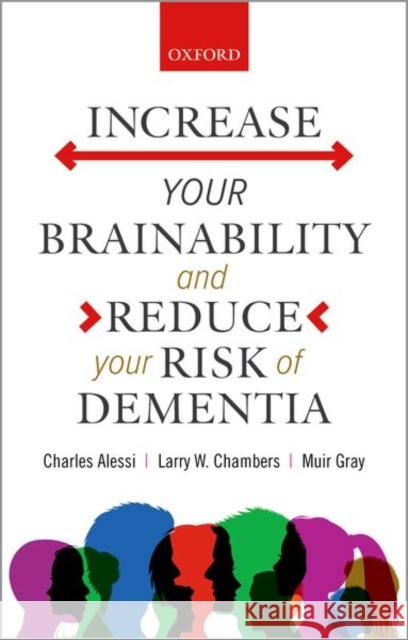Increase Your Brainability--And Reduce Your Risk of Dementia » książka
topmenu
Increase Your Brainability--And Reduce Your Risk of Dementia
ISBN-13: 9780198860341 / Angielski / Miękka / 2021 / 176 str.
Kategorie BISAC:
Wydawca:
Oxford University Press
Język:
Angielski
ISBN-13:
9780198860341
Rok wydania:
2021
Ilość stron:
176
Waga:
0.27 kg
Wymiary:
21.34 x 13.72 x 1.02
Oprawa:
Miękka
Wolumenów:
01
Dodatkowe informacje:
Bibliografia
Wydanie ilustrowane
Wydanie ilustrowane











